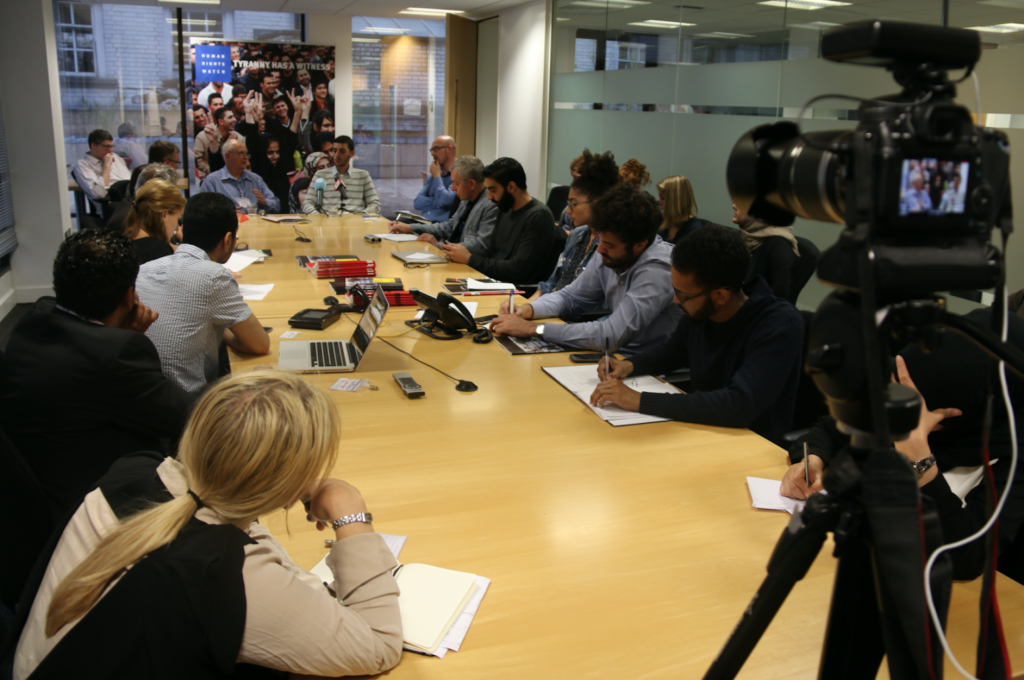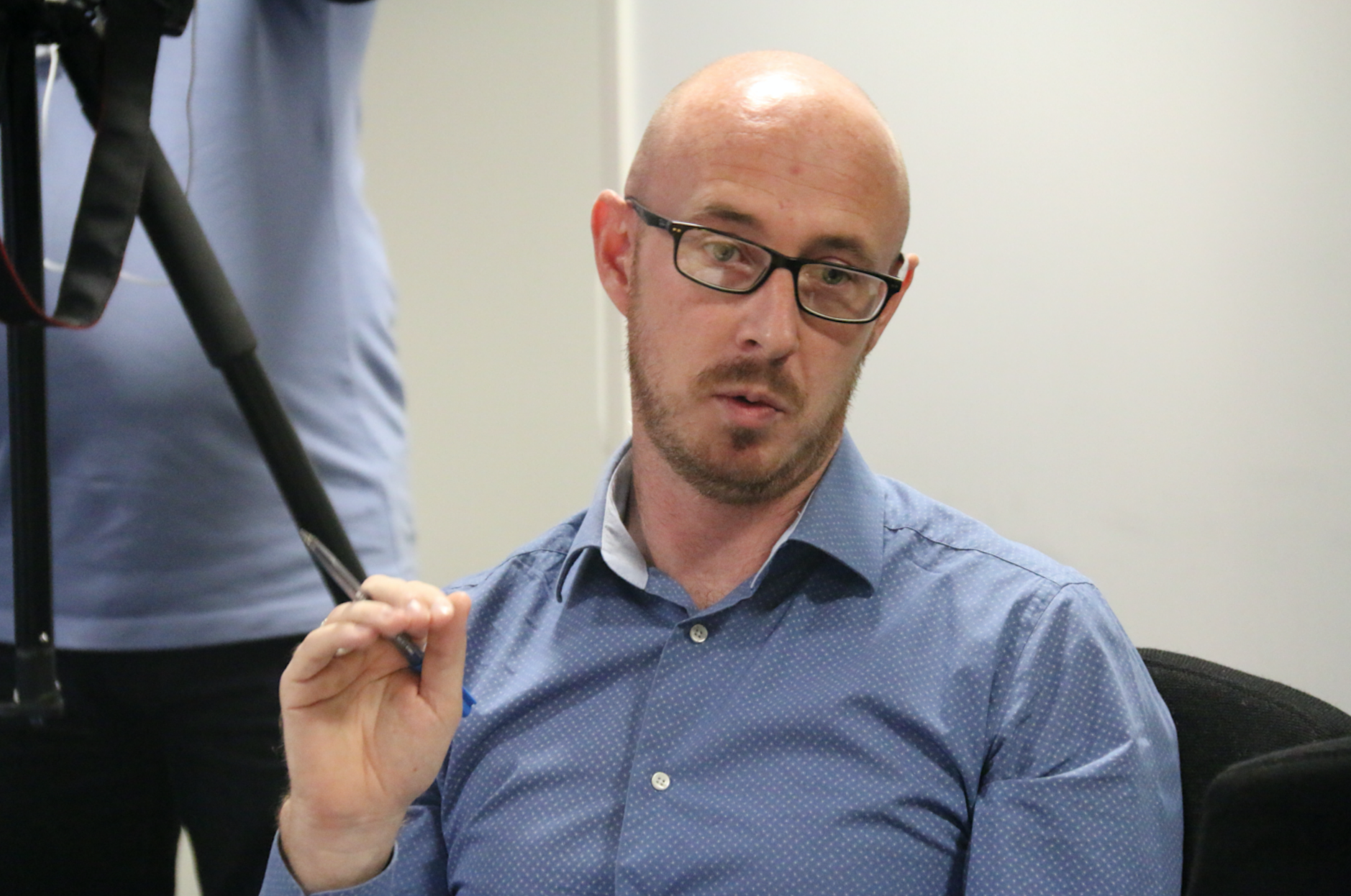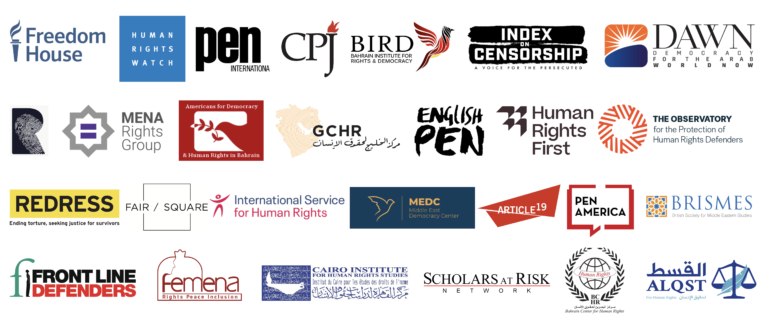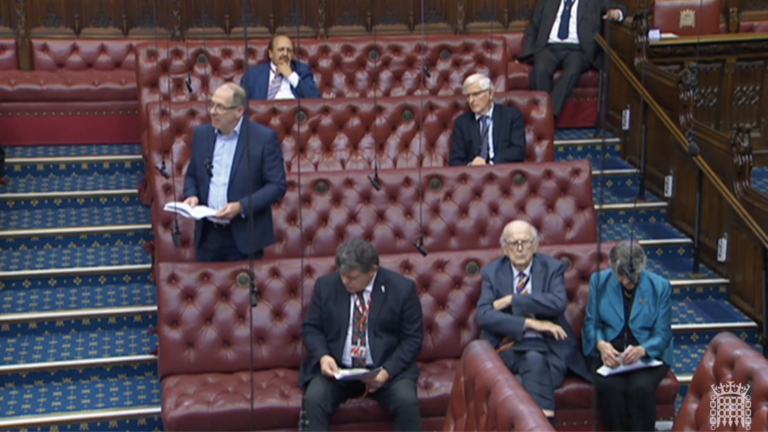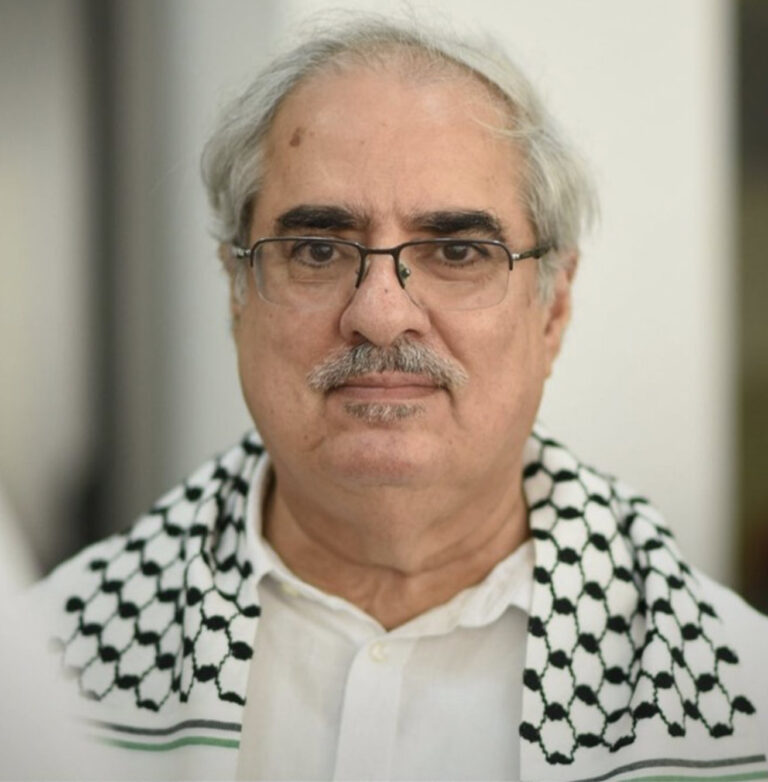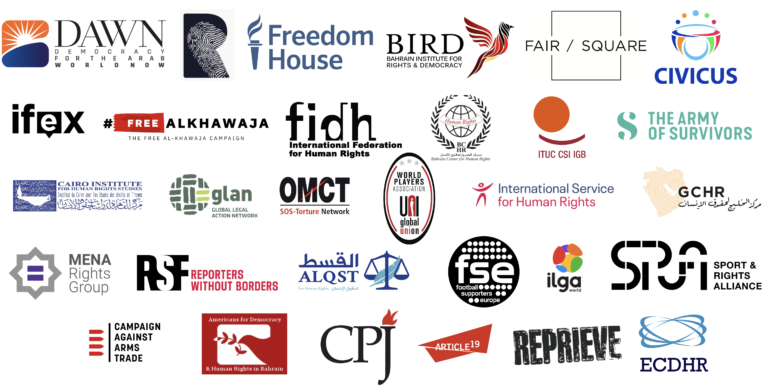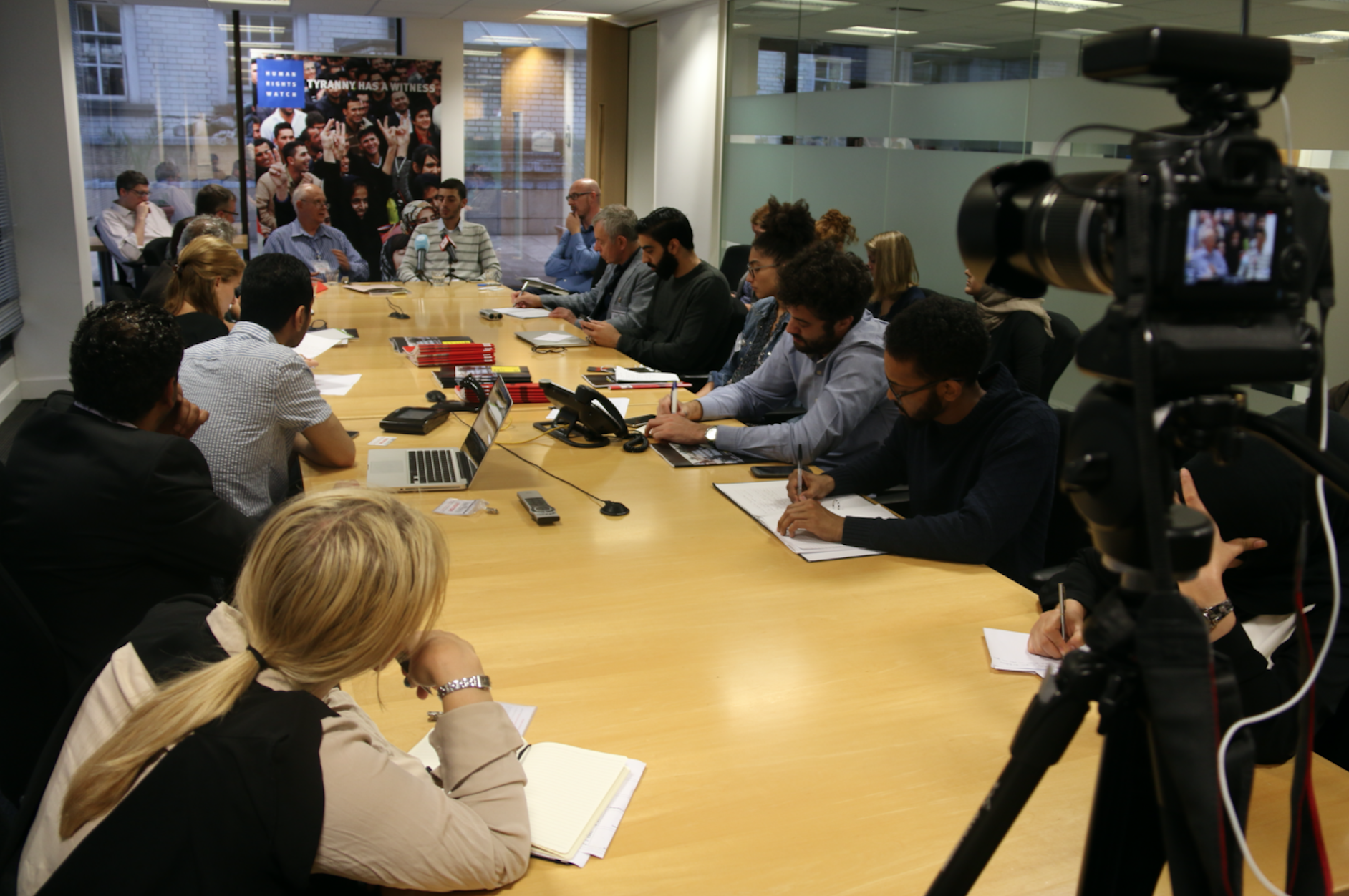
On Thursday, 13 August 2015, the Bahrain Institute for Rights and Democracy and Human Rights Watch held a roundtable discussion regarding concerns regarding human rights in Bahrain and UK policy towards the country. Chaired by Nicholas McGeehan, Gulf researcher at Human Rights Watch (HRW), the discussion also included speakers Shane Enright, Global Trade Union Adviser at Amnesty UK, Kevin Laue, Legal officer at Redress and Isa Al-Ali, a Bahraini torture survivor recently granted asylum by UK court. The discussion was attended by representatives from a number of organisations including Amnesty International, Index on Censorship, Reprieve, NASUWT, English Pen and Chatham House amongst others.
Shane Enright began the discussion by drawing attention to the case of Mahdi Abu Deeb, the president of the Bahrain Teachers Association (BTA) arrested in 2011 for calling for teachers strike and sentenced to five years imprisonment. The BTA was this year awarded the Arthur Svensson Prize for recognition of their work, and to “throw a spotlight that teachers and students in Bahrain are suffering under.” Amnesty International UK (AIUK) are deeply concerned about Abu Deeb’s “precarious” health in jail, which is deteriorating, and are “keeping light” on his situation. Whilst Abu Dheeb only have nine months left of his sentence to serve, AIUK are “not convinced he is safe” and are “very concerned that [the government of Bahrain] may wish to keep him silenced.”
Whilst Mr. Enright was particularly focused on the “blight of the BTA”, he believes it offers “an opportunity to talk about wider issues” within Bahrain. Pointing to World Teacher’s Day on 5 October, Mr. Enright spoke about strengthening international and UK trade union relations with their Bahraini counterparts, as well as greater UK public awareness towards the issues as positive steps.
Kevin Laue spoke about the relationship between Bahrain and the UK, specifically the Foreign and Commonwealth Office (FCO). The FCO have deliberately avoiding criticising Bahrain or drawing attention to the country’s systematic use of torture. Prior to the 2011 crisis, the FCO’s 2010 Human Rights and Democracy Report did not list Bahrain as a “Country of Concern”. Yet even during the wide-scale protests in 2011 calling for democratic change, listing Bahrain as a “Country of Concern” still did not get much traction despite repeated calls, including specific calls by the Parliament’s own Foreign Affairs Committee. Even in 2013, when the FAC led an inquiry into the region after the oft-titled “Arab Spring”, Bahrain was once again called upon to be designated as a “Country of Concern”.
 Mr. Laue argued that to avoid this categorisation, the FCO “creatively” listed Bahrain as a “case study”; seen to “rebranding” and ultimately “sidestepping the issues”. He also raised further concerns over the FCO’s move in 2015 to completely take down the catogory of “Country of Concern” and replace them with “priority countries”, thereby altogether removing the critical terminology. The position of Redress, therefore, is that “changing names and shuffling government posts is rather latent, what is needed is for the British government to take a principled stand in Bahrain.”
Mr. Laue argued that to avoid this categorisation, the FCO “creatively” listed Bahrain as a “case study”; seen to “rebranding” and ultimately “sidestepping the issues”. He also raised further concerns over the FCO’s move in 2015 to completely take down the catogory of “Country of Concern” and replace them with “priority countries”, thereby altogether removing the critical terminology. The position of Redress, therefore, is that “changing names and shuffling government posts is rather latent, what is needed is for the British government to take a principled stand in Bahrain.”
Nabeel Rajab, the President of the Bahrain Center for Human Rights, Skyped into the meeting and spoke about the challenges faced by human rights defenders this year. He noted that the government has not shown any tolerance for criticism this year and raised the case of both Ali Salman, the head of Al Wefaq, and Ebrahim Sharif, the head of the National Action Society, both of whom have been detained on charges related to their freedom of expression. Mr. Rajab has been detained several times over the past few years in Bahrain, most recently for tweeting criticism against the government. He is currently under a travel ban after being charged for tweets criticising the government for torture in Jau Prison and for criticising the war in Yemen.
 Isa Al-Aali finished off the discussion by giving his very personal testimony of the torture that he was subjected to in Bahrain. Being only 17 when the 2011 protests began, he was involved in peacefully demonstrating for democratic change and freedom of expression. Being beaten, tortured and humiliated, Mr. Al-Aali fled the country to avoid further torture and death threats. Even though he had been released from detention, he was not given freedom as the Bahraini police continued to harass and contact him trying to extract information about others, threatening him with death for non-compliance. As Nick McGeehan for HRW concluded, this “harrowing, traumatic story” is “one that’s heard all too often”, and anyone who denies that such torture continues in Bahrain is “extremely misguided.”
Isa Al-Aali finished off the discussion by giving his very personal testimony of the torture that he was subjected to in Bahrain. Being only 17 when the 2011 protests began, he was involved in peacefully demonstrating for democratic change and freedom of expression. Being beaten, tortured and humiliated, Mr. Al-Aali fled the country to avoid further torture and death threats. Even though he had been released from detention, he was not given freedom as the Bahraini police continued to harass and contact him trying to extract information about others, threatening him with death for non-compliance. As Nick McGeehan for HRW concluded, this “harrowing, traumatic story” is “one that’s heard all too often”, and anyone who denies that such torture continues in Bahrain is “extremely misguided.”

